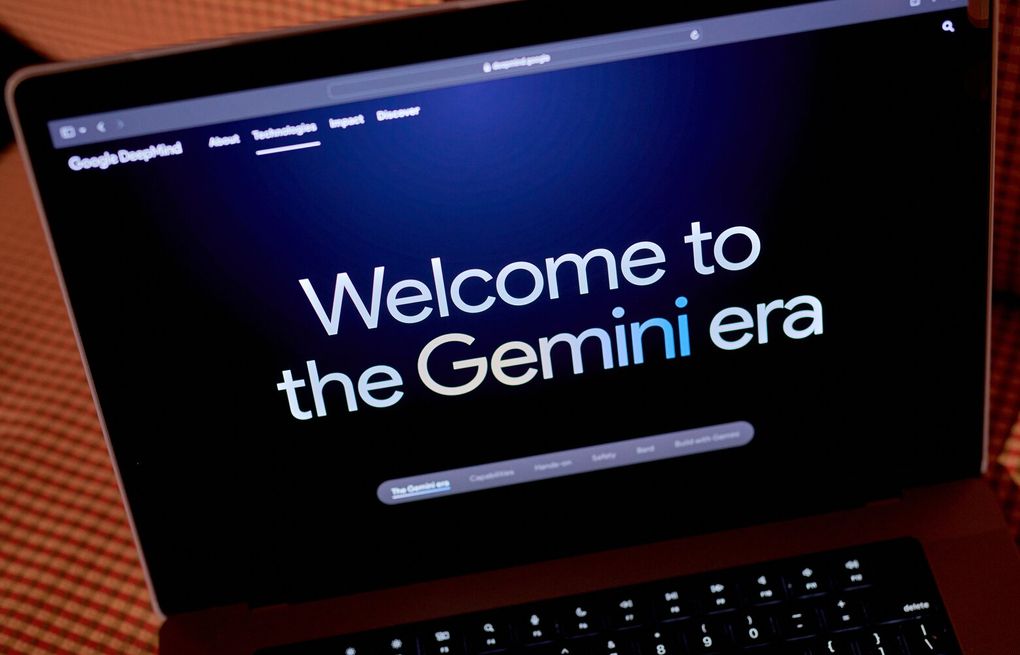
Google debuts AI model for robotics, challenging Meta, OpenAI
- 17.03.2025 06:00
- seattletimes.com
- Keywords: AI, Robotics
Google introduces Gemini Robotics and Gemini Robotics-ER, enhancing robot dexterity, interaction, and spatial understanding. These models aim to advance general-purpose robotics, challenging Meta, Tesla, and OpenAI in the AI-driven robotics field.